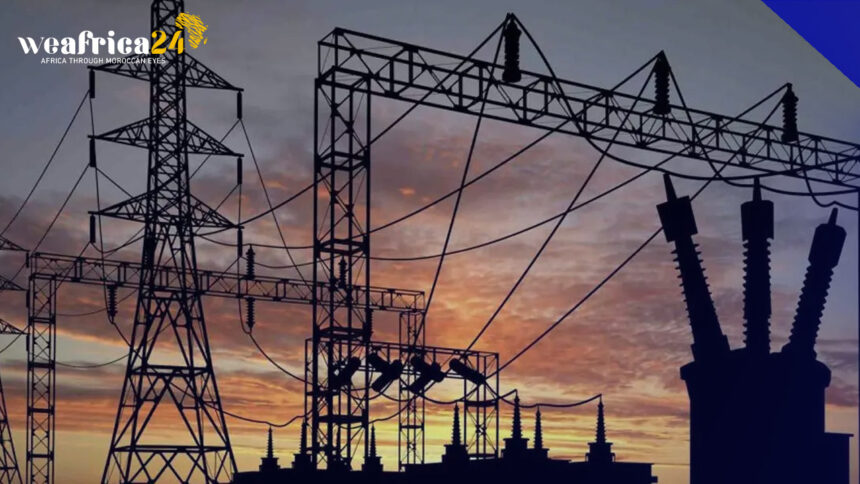The Nigerian Electricity Regulatory Commission (NERC) has given its nod to a substantial increase in electricity tariffs, raising them from N68 to N225 ($0.15) per kilowatt-hour. This represents a significant 300% hike and is slated to come into effect starting April 1, 2024.
The announcement was made by Musiliu Oseni, the Vice Chairman of NERC, during a press briefing held in Abuja.
The tariff adjustment specifically targets urban consumers, categorized as Band A consumers within the country. As per the directive, power distribution companies (DisCos) are authorized to implement the revised tariff structure starting April 1.
It’s important to note that the tariff hike will impact only a fraction of the electricity consumer base, constituting approximately 15% of total customers nationwide. However, this segment of consumers reportedly accounts for a substantial 40% share of the nation’s electricity consumption.
The decision to raise tariffs is a result of the regulatory authorities’ continuous efforts to tackle the financial struggles faced by Nigeria’s electricity sector. The policymakers aim to ensure the sustainability of the electricity supply infrastructure while also promoting more efficient consumption patterns among consumers by adjusting the tariffs.
The move is likely to generate discussions among stakeholders regarding its potential implications on household budgets and overall consumer welfare. Furthermore, it underscores the need for a comprehensive strategy to balance the affordability of electricity with the financial viability of the sector, ensuring equitable access to reliable power supply across urban and rural areas alike.
As the revised tariff structure comes into effect, stakeholders will closely monitor its impact on electricity access, consumption behavior, and the broader socioeconomic landscape, with a focus on promoting sustainable development and inclusive growth in Nigeria’s energy sector.







